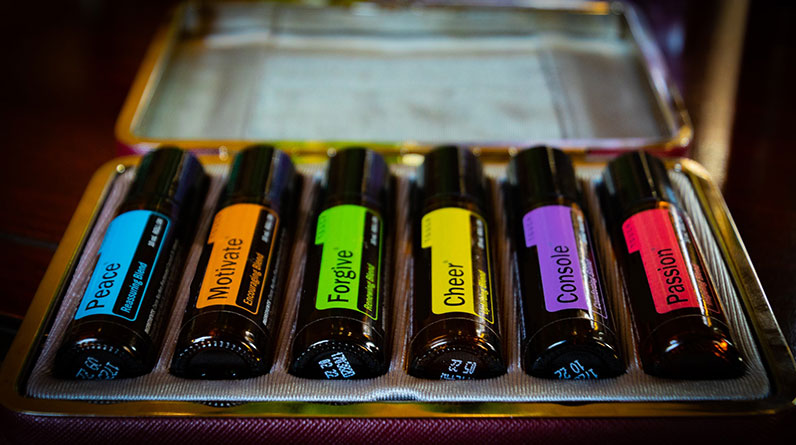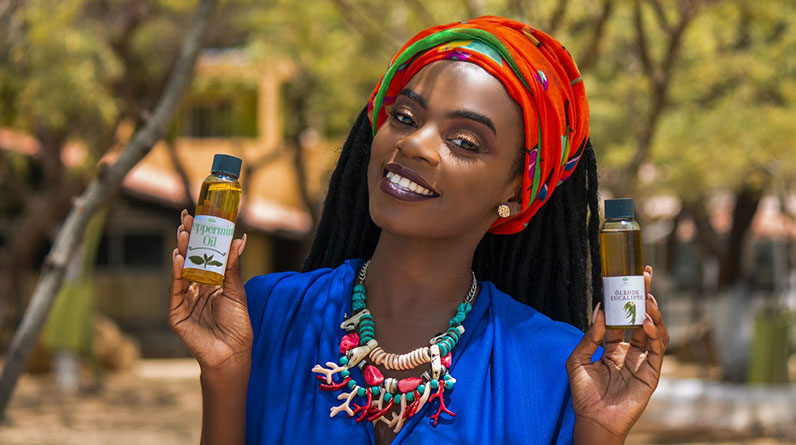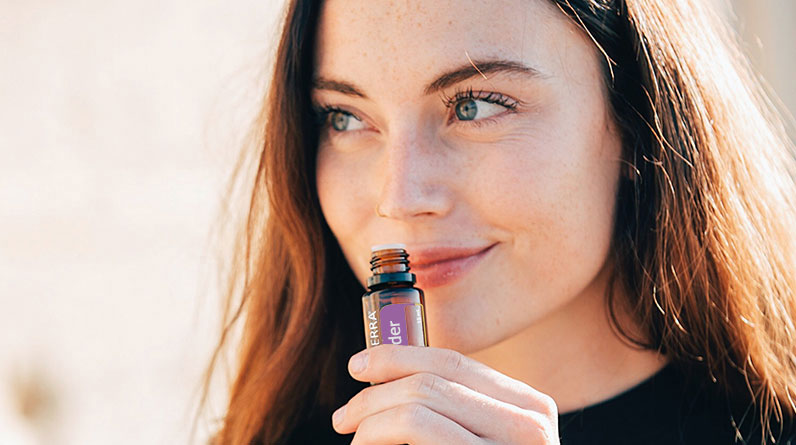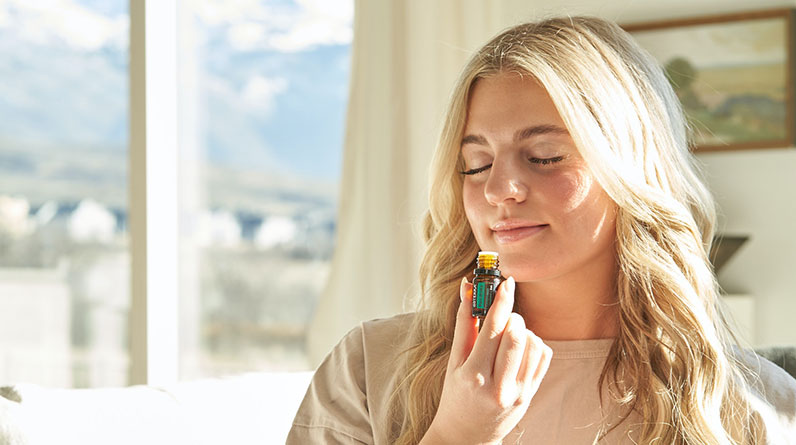
What Exactly Are Essential Oils?
Essential oils are a natural and powerful way to improve your health and well-being. They have been used for centuries to promote physical, mental, and emotional balance. They can help to reduce stress, improve sleep quality and boost your mood. They are also a great tool for detoxifying your body, and they can be used in a variety of ways, such as in massage, aromatherapy, and topical application. The potential benefits of using essential oils are numerous and can be tailored to fit your individual needs.
Essential oils are derived from various parts of plants, such as leaves, seeds, barks, roots, and rinds, and are extracted through various methods. They can be mixed with other substances like vegetable oils, creams, or bath gels, or used on their own through inhalation, topical application, or adding them to a bath. While some research suggests their potential benefits, it’s crucial to use them correctly. It’s advisable to check the label and consult with a doctor to determine if they are safe for your use.
Here are some helpful tips when using any Essential Oils:
DON’T Be Afraid to Try Them!
Don’t be afraid to experiment with Essential Oils, as when used correctly, they can provide you with helpful benefits and few side effects. An example of this is that, if you inhale ginger vapors, it can reduce the feeling of nausea caused by chemotherapy. There have also been studies that show that tea tree oil can be used as an antibiotic to fight bacterial and fungal infections, such as the dangerous MRSA bacteria. In fact, one study even found that tea tree oil is just as effective as a prescribed anti-fungal cream in treating a fungal foot infection.
Essential Oils Can Help Treat Anxiety
If you’re feeling anxious, you may want to try simple scents like lavender, chamomile, or rosewater to help promote calmness. These essential oils can be inhaled or applied to the skin after being diluted. Researchers believe that these scents can stimulate the brain’s mood and emotion centers by transmitting chemical messages. While these aromas may not alleviate all of your stress, they can potentially aid in relaxation.
Quality Matters
In order to ensure quality, search for a reliable manufacturer who produces only pure essential oils without any additives. Be aware that some extra vegetable oil may be included in more expensive essential oils, but an allergic reaction is more likely to occur with oils containing other ingredients.
Don’t be Mislead by Buzzwords
It’s important to avoid falling for buzzwords when it comes to essential oils. Just because an oil is derived from a plant doesn’t necessarily mean it’s safe to apply topically, inhale, or ingest, even if it’s labeled as “pure.” Natural substances can still cause skin irritation, toxicity, or allergic reactions. As with any product applied to the skin, it’s advisable to test a small amount on a small area of skin to observe how your body reacts to it.
Avoid Using Older Oils
It’s recommended to dispose of older essential oils that are generally not to be kept for more than three years. Essential oils that are kept beyond their shelf life are more susceptible to spoilage due to exposure to oxygen, which can cause them to lose effectiveness or potentially irritate the skin or cause an allergic reaction. If you notice significant changes in the oil’s appearance, texture, or scent, it’s best to discard it as it’s likely gone bad.
Dilute Your Essential Oils for Topical Use
To use essential oils safely for topical usage, you need to dilute them with vegetable oils, creams, or bath gels. The recommended amount of essential oil in the solution is 1% to 5%. It is important to keep the percentage low, as a higher percentage can cause skin reactions.
Avoid Using on Damaged Skin
It is not advised to use undiluted oils on damaged skin as it may cause undesired skin reactions due to the fact that injured or inflamed skin can absorb more oil.
Age is an Important Factor
When using essential oils, age is an important factor to consider. For young children and the elderly, diluting the oils may be necessary. Furthermore, certain oils, such as birch and wintergreen, should be avoided due to their high concentration of methyl salicylate, which can cause serious issues with children 6 or younger. Unless your pediatrician explicitly states it is okay, essential oils should not be used on babies.
Store Your Essential Oils Safely
Be sure to store your essential oils safely, as they are highly concentrated and can cause serious health issues if used incorrectly or in excess. To prevent your young children from accessing them, keep them out of sight and out of reach.
Avoid Overusing Essential Oils
Don’t get carried away when using essential oils. Too much of a good thing can actually be harmful. Even if you typically aren’t allergic or particularly sensitive to them, using too much or too often can still cause a bad reaction.
Keep Your Doctor in the Loop
It is important to inform your doctor if you are using essential oils. This way, they can ensure that it is safe for you and to rule out any potential side effects. For instance, using peppermint and eucalyptus oils may affect how your body absorbs the cancer drug 5-fluorouracil from the skin. Additionally, an allergic reaction could result in rashes, hives, or breathing difficulties.






